Huge masses of protesters have flooded Macedonia’s capital after President Gjorgje Ivanov decided to pardon politicians facing criminal charges from both government and opposition parties on 12 April. By exonerating a total of 56 politicians, Ivanov escalated the political crisis which has been tormenting the country for over a year. Less than two months before the general elections scheduled for 5 June, President Ivanov effectively invalidated the Przino Agreement, whose main goal was to secure free and fair elections.
Another major provision in the Przino Agreement is the conducting of independent investigations of the crimes alleged in last year’s wiretapping scandal by a special state prosecutor. Nonetheless, Ivanov claims that the pardons will alleviate tension between the country’s two main parties in face of the elections, thus putting an end to the political crisis. In the same address, he expresses regret for Macedonia’s heavy dependence on the international community in resolving the crisis.
President Ivanov was first elected in 2009. His electoral success has been tied with that of Nikola Gruevski, the leader of the ruling Democratic Party of National Unity (DPMNE) and ex- Prime Minister of Macedonia. After winning the 2006 general elections, DPMNE proclaimed European integration and fighting corruption to be their top priorities. Ivanov’s rhetoric upon coming to power in 2009 echoed the exact same promises made by his party in 2006. However, the 2015 European Commission Progress Report on Macedonia identifies government interference in the work of the judiciary, setbacks in media freedom and election fairness, as well as politicization and corruption. On a personal level, President Ivanov has made few significant steps to assure European integration.
The list of the 56 who were pardoned features politicians facing various criminal charges. Two of them, Gordana Jankulovska and Mile Janakievski, are former ministers who were heavily featured in the leaked phone conversations during the wiretapping scandal. Janakievski, who used to be a Minister for Transport and Communication, tops the list with 16 pardons by the President, while ex-Interior Minister Jankulovska comes second with 13 pardons. Next is Sasho Mijalkov, the former Head of the Security and Counterintelligence Agency, with six pardons by President Ivanov. They all resigned in May last year. Other names on the list include ex-Prime Minister Nikola Gruevski with five pardons and the leader of the opposition Social Democratic Party of Macedonia (SDSM) leader Zoran Zaev with two. The list also features ex-President Branko Crvenkovski, a long-time former leader of SDSM.
Two groups of protesters flooded the streets of Skopje for three nights in a row between 12 April and 15 April. A smaller group was protesting against the abolition of the leader of the opposition, Zoran Zaev, and a larger one was protesting against all pardons given by Ivanov. The latter group was chanting “Resignation for Ivanov” and “Media Freedom”, thus also referring to another major provision from the Przino agreement: a revised electoral register for fair and free elections. The protests escalated on the night of 12 April with the ransacking of the President’s office in the city center.
Crvenkovski and Zaev, as well as Gruevski, formally renounced Ivanov’s pardons insisting that they would like to maintain their right to defend themselves in court. Both DPMNE and SDSM have asked the President to reconsider his decision in a rare instance of formal unity. Ali Ahmeti, who leads DPMNE’s junior coalition partner, the Democratic Union for Integration (DUI), has even signed the SDSM-proposed initiative for an impeachment vote against Ivanov.
Moreover, SDSM insist that they will not participate in the June elections under the current circumstances, as the President’s decision is directly at odds with the Przino Agreement. In the meantime, despite three nights of demonstrations, Parliament Speaker Trajko Veljanovski dissolved the Parliament and formally called for general elections on 5 June. The response was an intensification of the protests on Friday evening and an explicit warning by the opposition to boycott the elections because none of the major provisions from the Przino Agreement has been fully fulfilled yet. On 18 April, in addition to the capital Skopje, protests against the elections also took place in Bitola, Strumica, Kumanovo, Veles, Shtip, Prilep, and Gostivar. These cities combined make up more than half of the country’s population.
It was only a few weeks ago that President Ivanov gained the right to pardon people charged with electoral fraud by the Constitutional Court of Macedonia. The EU described the decision as unacceptable if Macedonia ever wants to exit the political impasse it is facing at the moment. Afraid that he might abuse his pardoning powers to pardon VMRO officials discredited by the wiretapping scandal, hundreds of people took to the streets of Skopje on the same day. Pressured by the international community, Ivanov said he would not pardon anyone charged with electoral fraud and that he would only ever use this right for the benefit of the country.
Needless to say, European Neighborhood Policy and Enlargement Negotiations Commissioner Johannes Hahn, who was the main international mediator during the Przino negotiations, strongly condemned Ivanov’s change of heart. He describes the pardons as detrimental to the rule of law and stresses that if elections do take place under these circumstances, they will not be internationally accepted or recognized. He also urges the main political parties to return to the negotiation table and to continue to enforce the Przino Agreement in face of the elections.
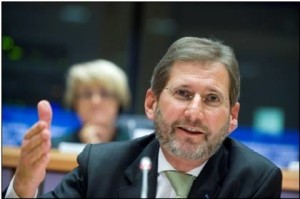
It remains unclear whether elections will take place on 5 June, as many opposition parties refuse to take part and continue to stress the fulfillment of the Przino Agreement as a precondition for free elections. The positions of the two main Albanian parties DUI and DPA remain unclear. President Ivanov’s decision to effectively invalidate the agreement was a slap in the face for the international community, which had been attempting to resolve the political crisis in Macedonia since the beginning of 2015. It has also prompted half of the country to take to the streets and chant “No justice, no peace!”, thus further exacerbating the political climate in face of the elections. If they do take place on 5 June, their fairness will clearly be highly questionable and Macedonia’s future will be in great jeopardy.

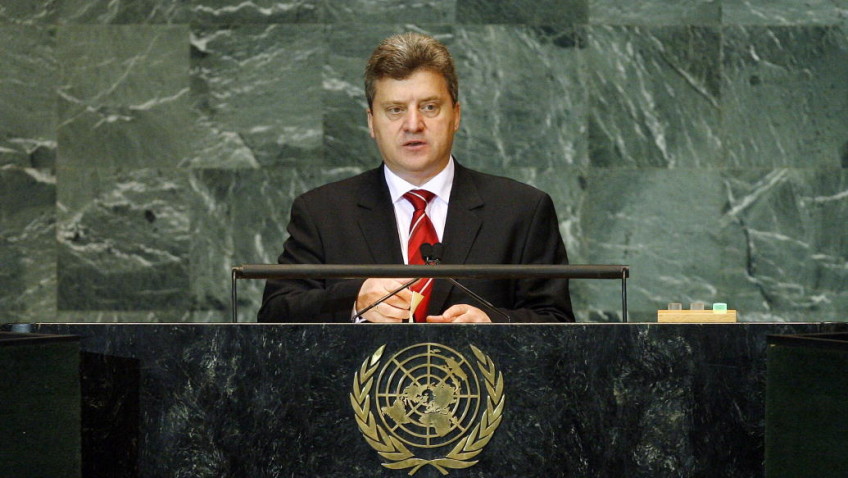
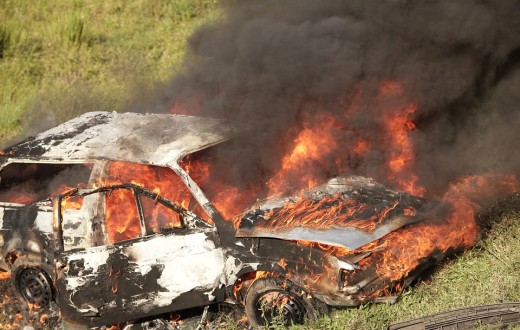
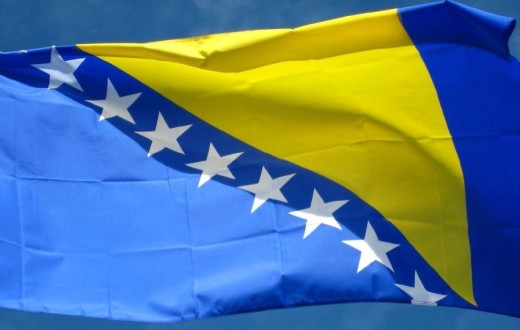
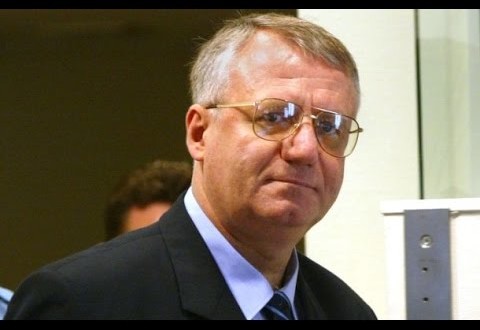
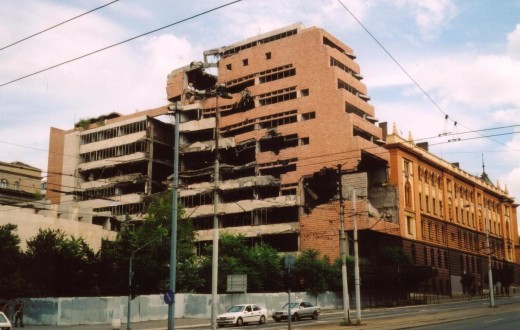
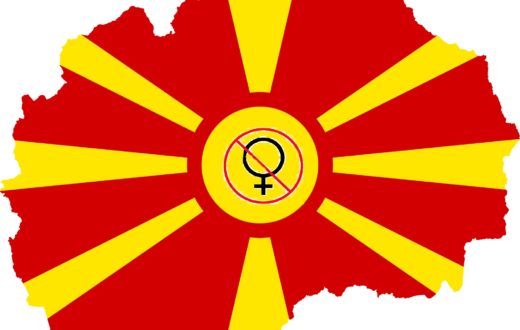
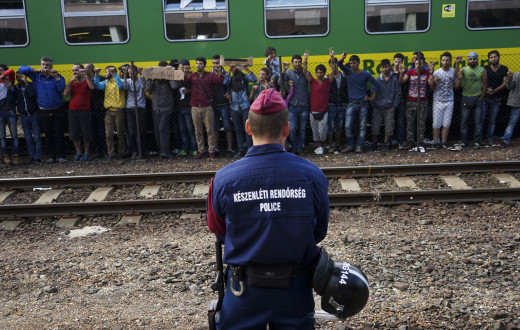
0 comments